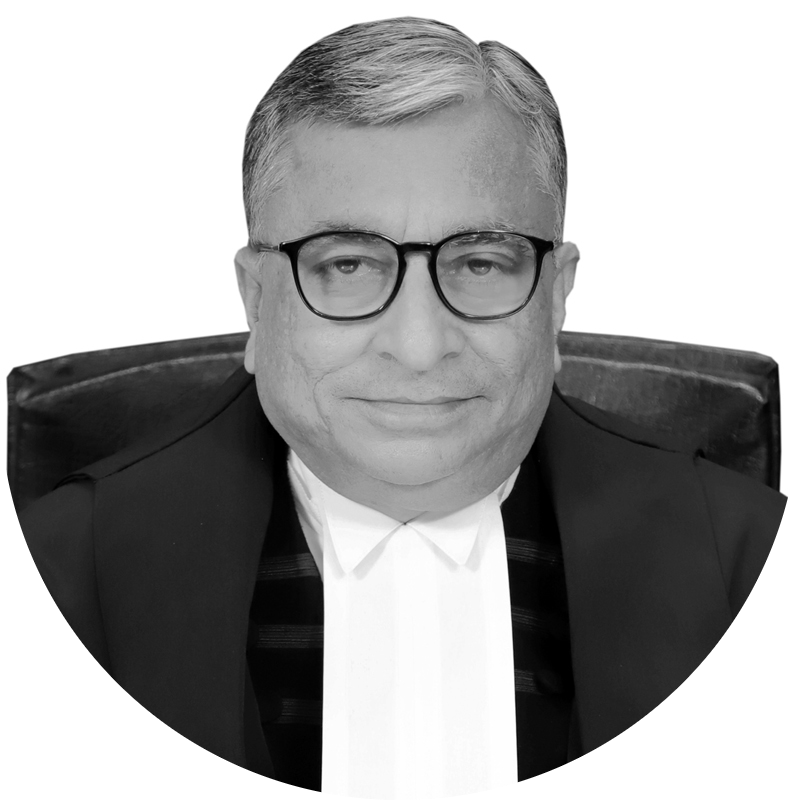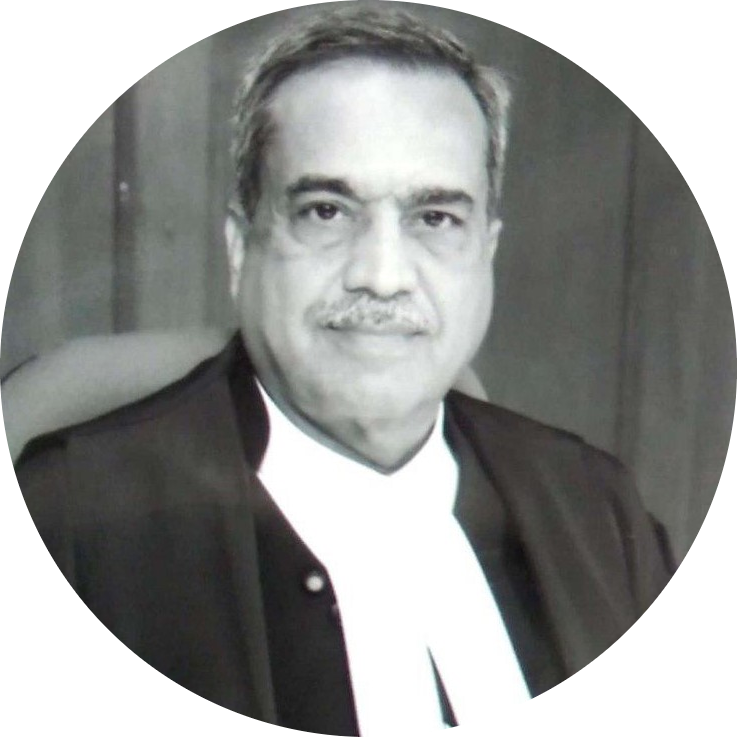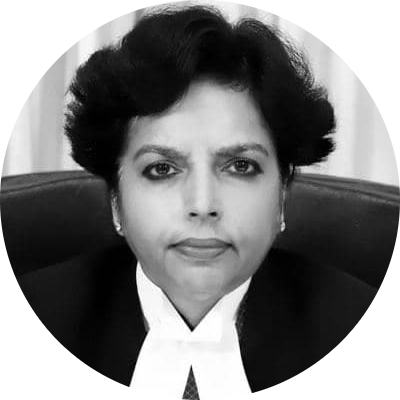The Lieutenant Governor and the NCT Delhi
Government of NCT of Delhi v Union of India
The Supreme Court held that the Delhi government, and not the Union, has control over the civil servants and day-to-day administration of the NCT of Delhi.
Decided
Parties
Petitioner: Government of NCT Delhi
Lawyers: Sr. Adv. A.M. Singhvi, Adv. Shadan Farasat
Respondent: Union of India
Lawyers: Solicitor General Tushar Mehta
Case Details
Case Number: CA 2357/2017
Next Hearing:
Last Updated: July 22, 2023
TAGS: A.239AA, Constitution, Federalism, Governor, NCT of Delhi
Key Issues
Who must control Delhi’s civil servants—the Union or the Delhi government?
Does the Union have a legitimate interest in controlling civil servants in the nation’s capital?
Do the LG’s powers to refer disagreements with the Delhi govt to the President restrict the latter’s executive and legislative powers?
Case Description
The official designation of the Union Territory (UT) of Delhi is the National Capital Territory (NCT) of Delhi. The Delhi Government is currently formed with the Aam Aadmi Party in the majority.
Under Article 239 of the Constitution of India, the administration of UT’s is handled by an administrator appointed by the President. However, in 1991 the Constitution (Sixty-ninth Amendment) Act, 1991 introduced Article 239AA which created an elected Legislative Assembly and a Council of Ministers including a Chief Minister for NCT Delhi. This Assembly has the power to make laws for NCT Delhi with respect to any of the matters under the State or Concurrent Lists (except public order, police and land matters). The ‘Lieutenant Governor’ (the LG) of Delhi was designated the Administrator of the NCT Delhi.
The relationship between Articles 239 and 239AA is the source of the current political contest between the Union and NCT Delhi government over the administrative control over the NCT Delhi territory. The SC has previously ruled upon the scope of the LG’s powers in 2018. A five-judge Bench held that the LG is bound by the aid and advice of the Council of Ministers for all matters where the Legislative Assembly has the power to make laws. They also ruled that the LG only needs to be consulted on decisions taken by the Council, but his concurrence isn’t required.
The Union Government sought to overcome the Supreme Court’s decision by enacting the Government of National Capital Territory (Amendment) Act, 2021 (the Amendment) which came into force on April 27th, 2021. It barred the Legislative Assembly from considering matters on the day-to-day administration of the NCT Delhi and from conducting any inquiries into administrative decisions. It requires any bills passed by the Legislative Assembly to be reserved by the LG for consideration by the President if the bill ‘incidentally’ covers any matters outside the Assembly’s purview. Further, it mandates that all executive action taken by the government must first receive the LG’s ‘opinion’. The Delhi Government filed a petition in the Supreme Court (SC) challenging the constitutional validity of the Amendment on August 10th 2021.
In their petition, the Delhi Government argues that the Amendment diminishes the powers and functions of the elected Legislative Assembly and establishes the LG as the default administrative authority over NCT Delhi on all matters.
They urge the court to declare that this constitutional amendment damages the basic features of federalism, separation of powers, rule of law and representative democracy and is hence unconstitutional.
On May 11th, 2023, the SC upheld the Delhi government’s powers to control civil servants and day-to-day administration of the NCT of Delhi.





